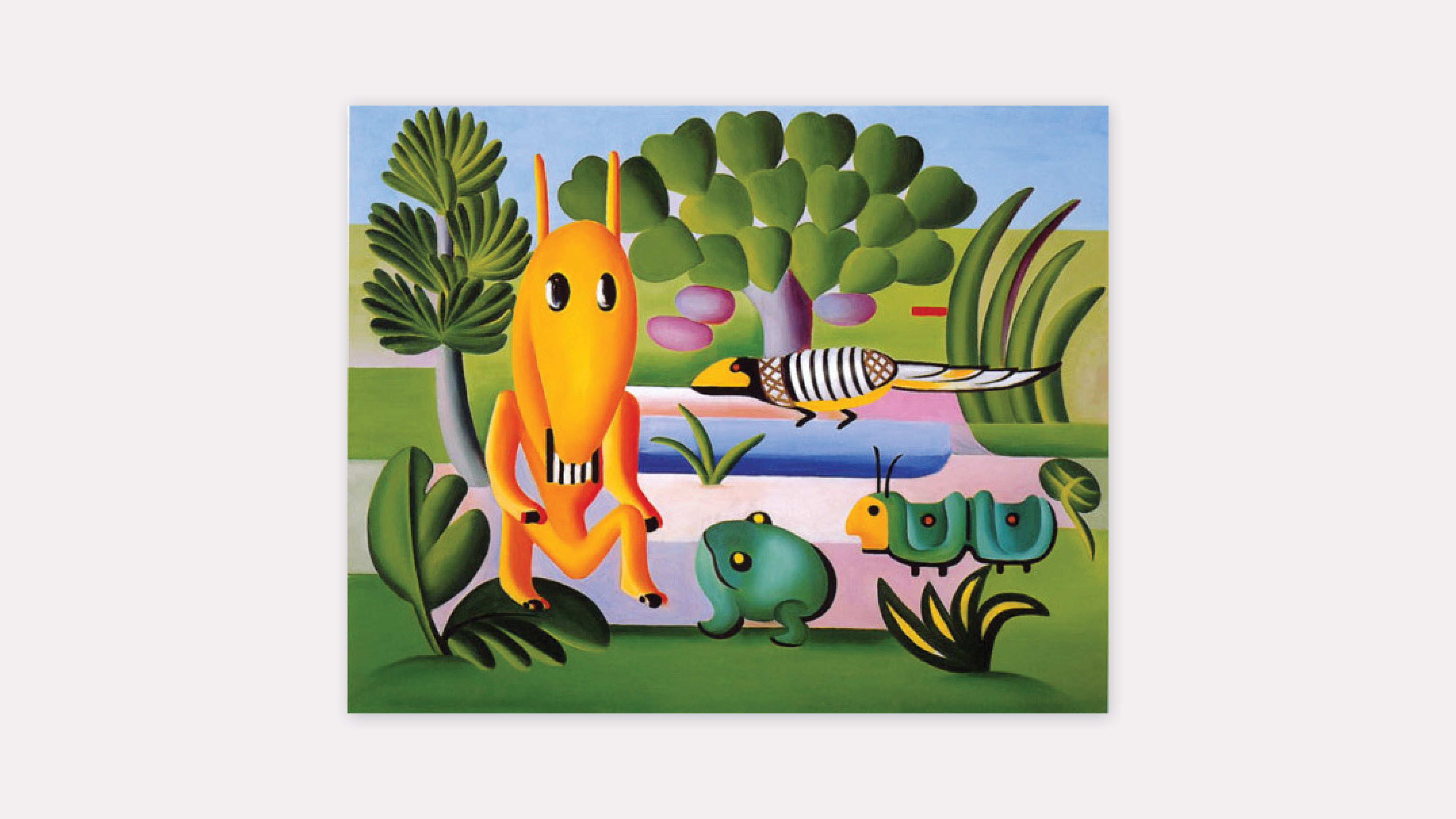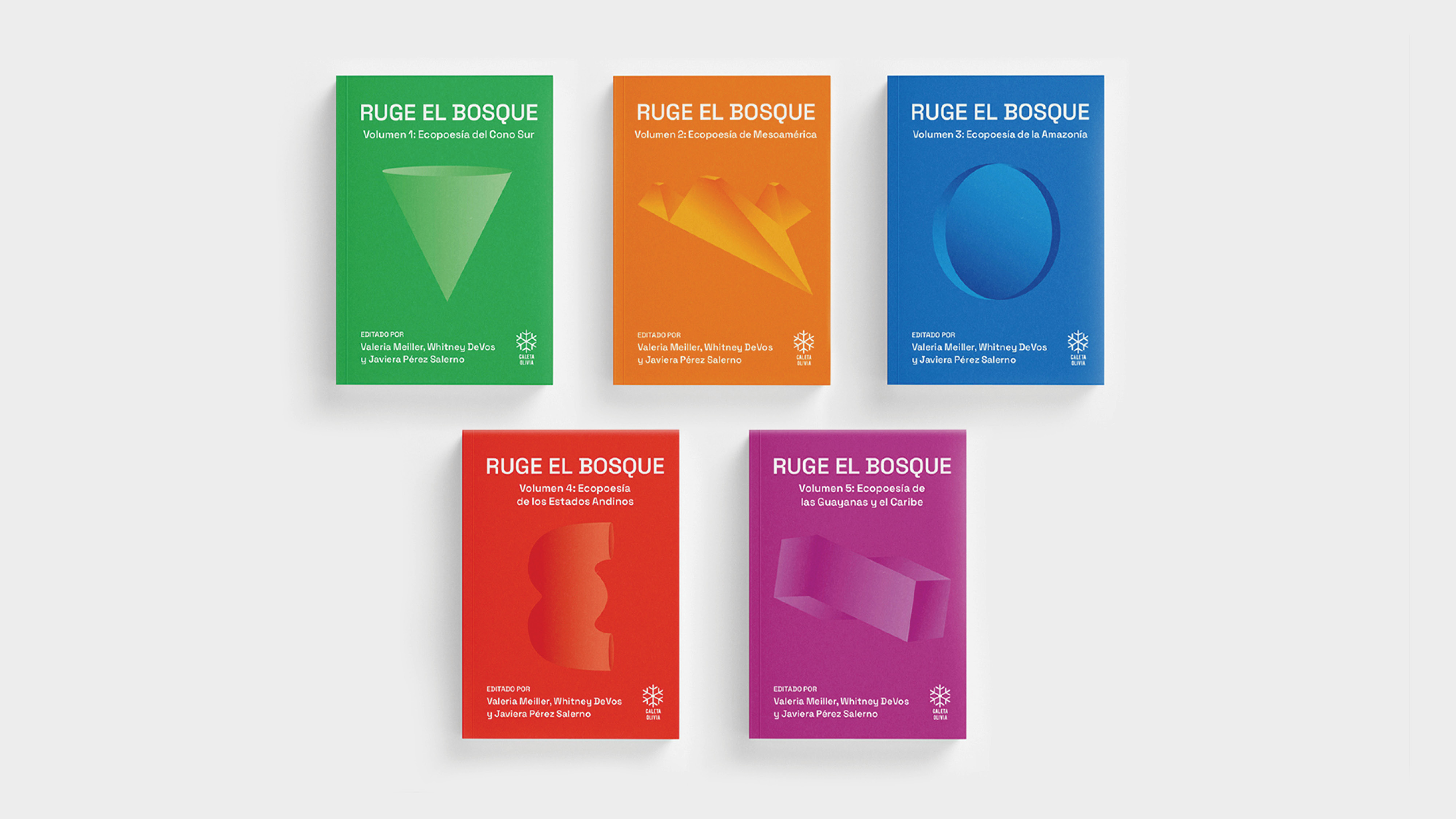
THE VENEZUELAN DIASPORA, A LITERARY SURVEY
This independent study focuses on Venezuelan diasporic literature from the 2000s. The Venezuelan diaspora refers to “Venezuelan citizens living outside Venezuela. In times of economic and political crisis since the 2010s, Venezuelans have often fled to other countries in the Americas and beyond to establish a more sustainable life” (EPFL) leaving their mark in contemporary literature. This course combines close readings, critical analysis, and discussions in which the student explores themes of identity, exile, displacement, cultural memory, and resistance as portrayed in various literary texts. Spanning novels, poetry, essays, and memoirs, this independent study offers a comprehensive exploration of the diverse voices within the Venezuelan diaspora as a response to the ongoing socioeconomic crisis.

THE PLANTS IN OUR LIVES,
REFORESTING IDEAS
This class explores the significance of the vegetal world from a humanities perspective. Students study the historical relevance of plants as part of colonial expeditions, cultural exchange, their contribution to science and medicine, and the development of literature and the arts. The class departs from the consideration of plants as compelling living beings to open interdisciplinary conversations and multifocal explorations about what it means to inhabit this world. In a time of rapid degradation of fundamental green spaces such as the Amazon Rainforest and the advancement of climate change, students tackle the historical, cultural, and environmental relevance of the vegetal world by uncovering the role of plants. The course integrates contemporary theoretical readings on Plant Studies with digital resources from various libraries and collections, rare and unique materials from the UTSA Library special collections, and other primary and secondary literary and visual sources to engage in interactive vegetal explorations.

ECOLOGY, A
LATIN AMERICAN REPORT
This course reviews Latin America from an ecological perspective, integrating texts written both in Colonial and Indigenous languages from the 20th and 21st century. Taking off from the modern separation that Western thought has produced between nature and culture (Latour 1993; Descola 2013), this course analyzes and challenges many of the binarisms that followed from that separation: human-animal, rational-sentient, feminine-masculine, subject-object, animated-unanimated. Thinking “across” nature and culture, we explore how contemporary literature and film “from” and “about” Latin America: (1) present cosmovisions that defy the separation between nature and culture; (2) generate novel understanding of natural environments; and (3) propose relevant and diverse interactions between humans, animals, plants and larger environmental actors.

ECOPOETRY IN TRANSLATION
This course focuses on Latin American ecopoetry in translation, and stands both as a theoretical and practical reflection on how to preserve languages and our environment. Students in this class engages with ecopoetry that aims to offer an artistic, ecologic, and political response to climate, social, and linguistic changes in Abiayala/Afro/Latino/America. As a particular subgenre that focuses on the intersection of poetry and ecology, ecopoetry is a form of writing that de-centers the Cartesian lyric ‘I’ and allows the voice of multiple perspectives and cosmologies to enter the poem. Students in this class simultaneously work on 1) understanding the nuance of environmental poetry as a genre; 2) reflecting on how to translate this particular form of poetry; 3) exploring writers from Abiayala/Afro/Latino/America into English to create a bilingual publication. This class proposes poetry in translation as a means to resisting the disappearance of biological, cultural, and linguistic diversity in the midst of a global climate crisis. In 2024, students from this class created a translation folio published as part of Skogar/Florestas/Bosques/Matas/
Forests: Texts and Visual Art About Forests in the Anthropocene, edited by Nuno Marques. Sweden: KTH Environmental Humanities Laboratory, 2025.
© 2024 Valeria Meiller